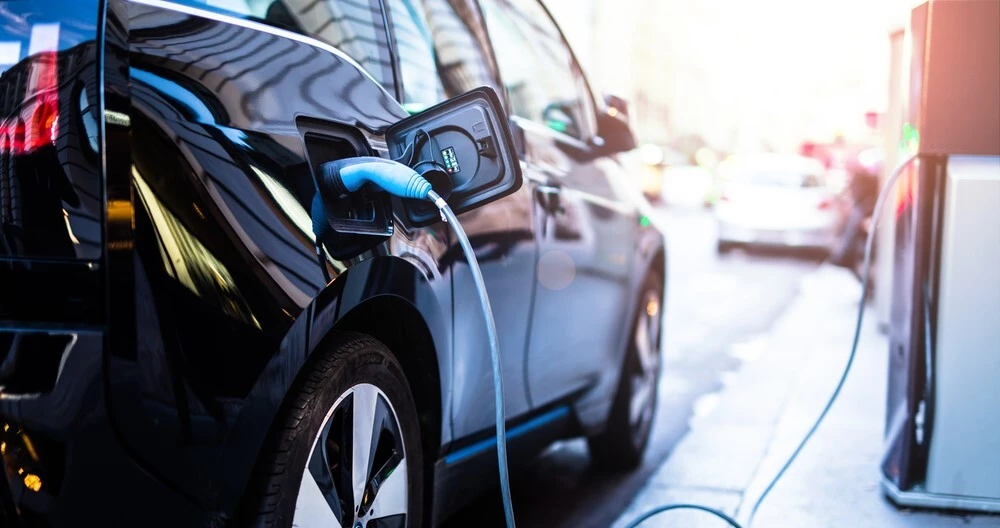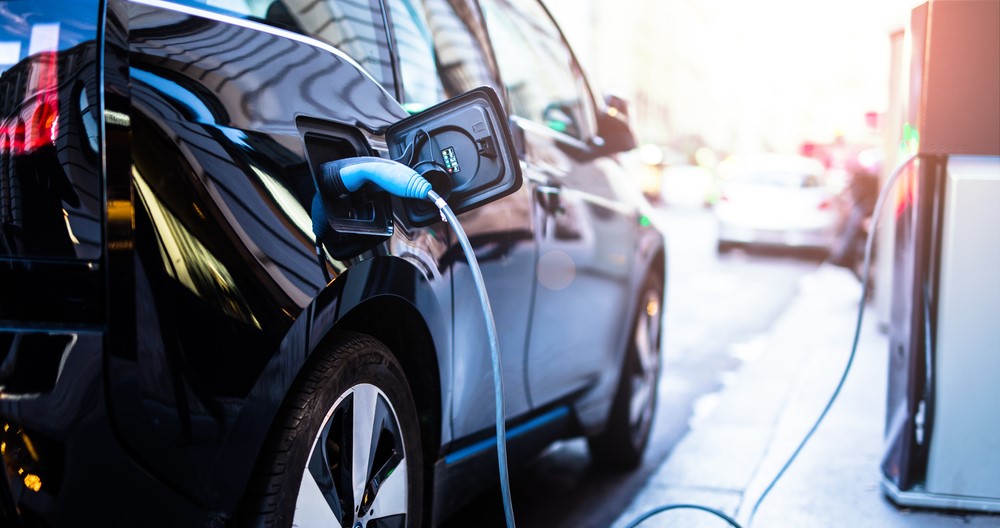
At Kunes Auto Group, we know that choosing the right eco-friendly vehicle can be a challenge. With so many electric vehicles (EVs), plug-in hybrid electric vehicles (PHEVs), and traditional hybrids on the market, it's essential to understand the differences between them and their maintenance requirements. In this blog, we'll guide you through the key factors to help you make the best choice for your needs.
Electric Vehicles (EVs): Simple and Low Maintenance
Electric vehicles are gaining popularity for their simplicity and lower maintenance requirements compared to gas-powered cars. With no internal combustion engine, there's no need for engine oil changes, spark plugs, or timing belts. However, it's crucial to take care of the battery, which involves periodic inspection, software updates, and following optimal charging habits.
Pros
- No gas needed: You'll never have to stop at a gas station again, just charge your car.
- Low operating costs: Electricity is often cheaper than gas, and EVs have fewer moving parts, which means less maintenance.
- Zero emissions: EVs produce no tailpipe emissions, so they're eco-friendly.
- Instant torque: Electric motors provide instant power, making EVs fun to drive.
Cons
- Limited range: EVs can't go as far as gas-powered cars on a single charge, but the range is improving with new models.
- Charging time: It takes longer to charge an EV than to fill up with gas.
- Charging infrastructure: Charging stations aren't as common as gas stations, but they're becoming more widespread.
- Higher upfront cost: EVs can be pricey, but there are tax incentives that might help.
Plug-in Hybrid Electric Vehicles (PHEVs): The Best of Both Worlds
PHEVs combine a gas engine with an electric motor and a larger battery pack than traditional hybrids. They can operate in all-electric mode for a limited range before switching to the gas engine. PHEVs require maintenance for both their gas and electric components, including engine oil changes, transmission fluid changes, and cooling system maintenance. Battery maintenance, tire care, and brake system inspection are also essential.
Pros
- Extended electric range: PHEVs have a longer electric-only range compared to traditional hybrids, typically 20-50 miles.
- Flexibility: You can use electric power for shorter trips and rely on the gas engine for longer distances, reducing overall fuel consumption.
- Charging options: You can recharge the battery using an electrical outlet or charging station, or rely on the gas engine for recharging.
- Lower emissions: PHEVs produce fewer emissions compared to traditional gas-powered vehicles.
Cons
- Higher upfront cost: PHEVs can be more expensive than traditional hybrids and regular gas-powered vehicles.
- Charging infrastructure: Depending on your location, charging stations may not be widely available.
- Limited all-electric range: While better than traditional hybrids, the all-electric range of PHEVs is still limited compared to pure EVs.
- More maintenance: PHEVs have both an internal combustion engine and electric components, requiring more maintenance than pure EVs.
Traditional Hybrids: Efficient and Self-Charging
Traditional hybrids use a gas engine and an electric motor to power the car, with a smaller battery pack compared to PHEVs. They recharge their batteries through regenerative braking and the gas engine, so there's no need to plug them in. Maintenance tasks for traditional hybrids include engine oil changes, transmission fluid changes, and cooling system maintenance for both the gas and electric components. Battery health and maintenance are still essential but may be less critical due to the smaller battery pack size.
Pros
- Better gas mileage: Hybrids use both a gas engine and an electric motor, helping you save on fuel costs.
- Environmentally friendly: They produce less pollution than regular gas-powered cars.
- Regenerative braking: When you brake, hybrids use that energy to help recharge the battery.
- Widely available: There are many hybrid models to choose from.
Cons
- Limited electric-only range: You can't go far on just the electric motor; eventually, the gas engine will kick in.
- Higher upfront cost: They can be more expensive than regular gas-powered cars, but you might save on fuel in the long run.
- Battery replacement: The battery might need replacing after some years, which can be costly.
- More maintenance than EVs: While hybrids generally require less maintenance than conventional cars, they still require more maintenance than pure EVs.
Which One is Right for You?
When choosing between an EV, PHEV, or hybrid, it's essential to consider factors such as your driving habits, access to charging infrastructure, maintenance preferences, and budget. Each vehicle type has its own set of advantages and drawbacks, making it crucial to assess them according to your individual needs and priorities.
EVs boast lower maintenance requirements and zero-emission driving, but some areas may have limited access to charging stations. On the other hand, PHEVs and traditional hybrids offer the flexibility of a gas engine for an extended range, although their more complex drivetrains lead to increased maintenance demands.
Regardless of the vehicle type you select, it's vital to follow the manufacturer's maintenance recommendations as outlined in the owner's manual. Regular maintenance ensures your vehicle remains in optimal condition, delivering reliable performance. At Kunes Auto Group, we're dedicated to helping you find the ideal eco-friendly vehicle that aligns with your lifestyle.
Visit us today to explore our diverse selection of EVs, PHEVs, and hybrids tailored to meet your needs.


